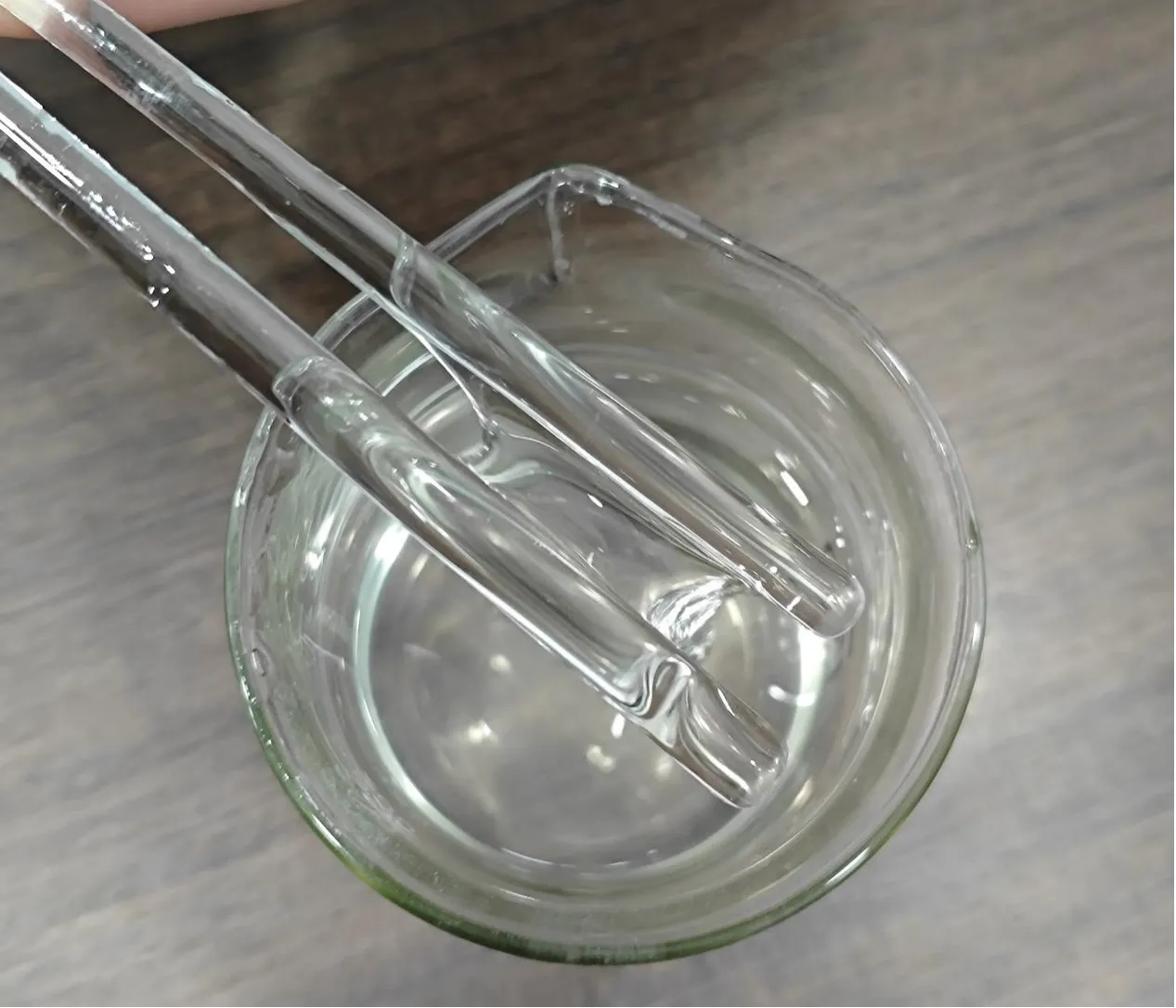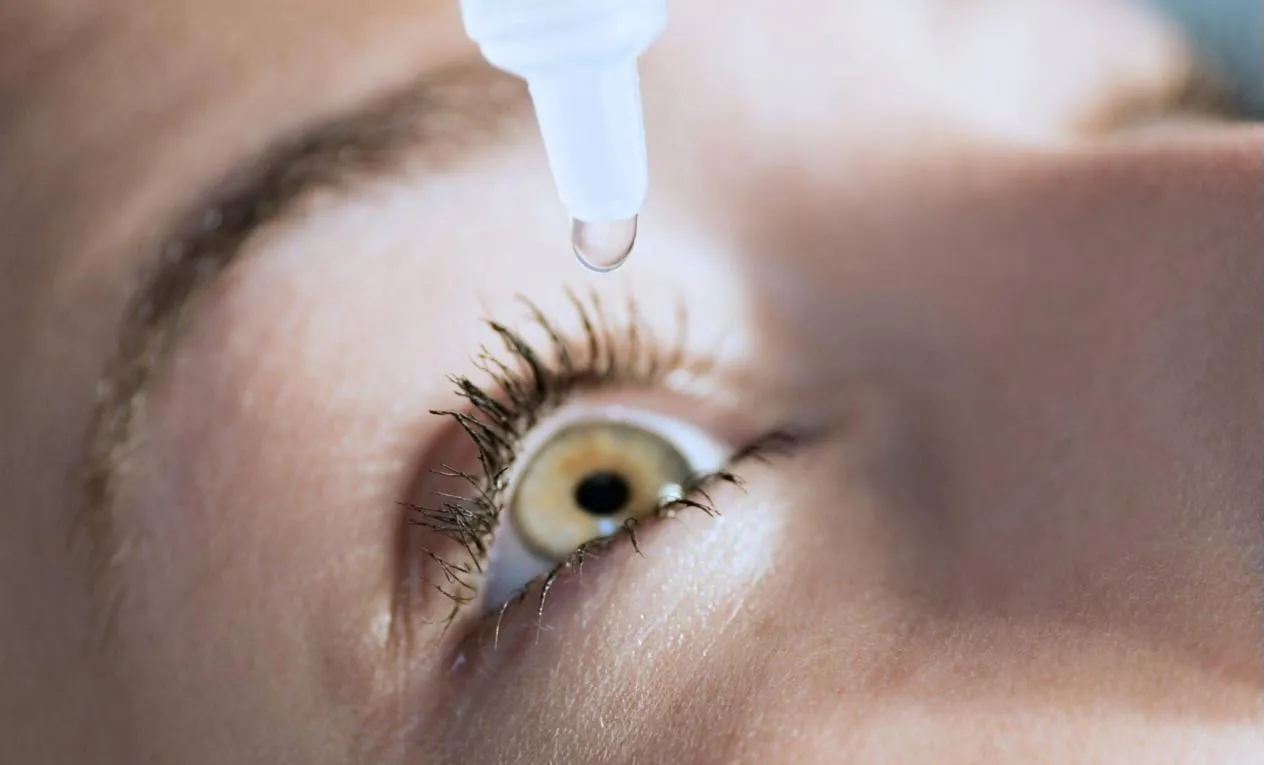
Hydroxyethyl Cellulose: Applications in Cosmetics, Skincare, and Beyond
Hydroxyethyl cellulose (HEC) is a versatile, non-ionic, water-soluble polymer widely used in personal care, pharmaceuticals, and industrial applications. Known for its excellent thickening, stabilizing, and film-forming properties, it has become indispensable for formulators worldwide. This article explores hydroxyethylcellulose for sale, its role in cosmetics, and technical details to help you understand its value.

Hydroxyethyl Cellulose in Cosmetics and Skincare
Hydroxyethyl cellulose in cosmetics serves as a thickening and stabilizing agent in lotions, creams, and gels. It provides a smooth, luxurious texture while ensuring active ingredients are evenly dispersed. For formulators creating moisturizers or serums, hydroxyethylcellulose skin care applications are prized for their ability to improve product spreadability and skin feel.
An important consideration is potential sensitivity. While rare, some people experience hydroxyethyl cellulose allergy reactions, such as mild irritation. This highlights the importance of thorough safety testing during product development.
In personal lubricants, hydroxyethyl cellulose based lubricants are popular because of their biocompatibility, water solubility, and ability to mimic natural moisture. For gel formulations, understanding hydroxyethyl cellulose gel preparation is essential. Typically, HEC is slowly dispersed in water under vigorous stirring to prevent clumping and then allowed to hydrate fully for a clear, smooth gel.

Technical Properties and Global Suppliers
Formulators often consider hydroxyethyl cellulose molecular weight when selecting grades for specific applications. Higher molecular weight HEC results in thicker gels, while lower molecular weights provide lighter, more fluid textures.
Another critical property is hydroxyethyl cellulose solubility in water, which allows easy integration into aqueous systems. Leading manufacturers like hydroxyethyl cellulose Dow produce high-purity grades under brand names such as Cellosize™. For buyers asking where to buy Cellosize hydroxyethyl cellulose, authorized distributors supply both bulk and specialty quantities for cosmetic and industrial use.
In niche applications, low substituted hydroxypropyl cellulose use overlaps with HEC, especially in ophthalmic and pharmaceutical formulations where clarity and low irritation are key.
Growing Demand and Market Applications
As clean beauty and eco-friendly formulations grow in popularity, demand for hydroxyethylcellulose for sale has surged globally. Its plant-based origin and biodegradability make it attractive to consumers seeking sustainable skincare products.
Manufacturers continue to innovate with HEC grades tailored to diverse markets—from thickening agents in shampoos to stabilizers in drug delivery systems.
5 Product FAQs
What is hydroxyethyl cellulose used for in cosmetics?
It is used as a thickener, stabilizer, and film-former in creams, lotions, gels, and serums, providing a smooth and luxurious texture.
How do you prepare hydroxyethyl cellulose gel?
To prepare a gel, disperse HEC in water under vigorous stirring, then allow it to hydrate fully to achieve a clear, consistent gel base.
Can hydroxyethyl cellulose cause allergies?
Although rare, some users may experience mild hydroxyethyl cellulose allergysymptoms like irritation. Patch testing is recommended for sensitive individuals.
Where can I buy Cellosize hydroxyethyl cellulose?
You can purchase it from hydroxyethyl cellulose Dowdistributors or specialty chemical suppliers catering to cosmetic and industrial markets.
What is the difference between HEC and low substituted hydroxypropyl cellulose?
HEC is primarily used for thickening and stabilizing aqueous systems, while low substituted hydroxypropyl cellulose useis common in controlled-release pharmaceutical formulations due to its partial water insolubility.
-
Hydroxypropyl Starch as a Sustainable Construction AdditiveNewsNov.24,2025
-
The Gelation Properties of CMCNewsNov.21,2025
-
Redispersible Latex Powder and Water Retention CapacityNewsNov.21,2025
-
Dosage Control for Polycarboxylate Water ReducerNewsNov.21,2025
-
Film-Forming Properties of Polyvinyl AlcoholNewsNov.21,2025
-
The Function of Gypsum Additives in MortarNewsNov.21,2025





















